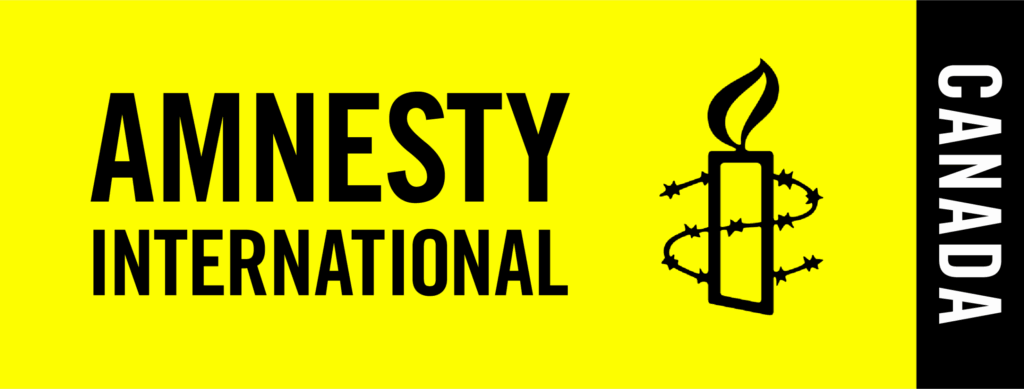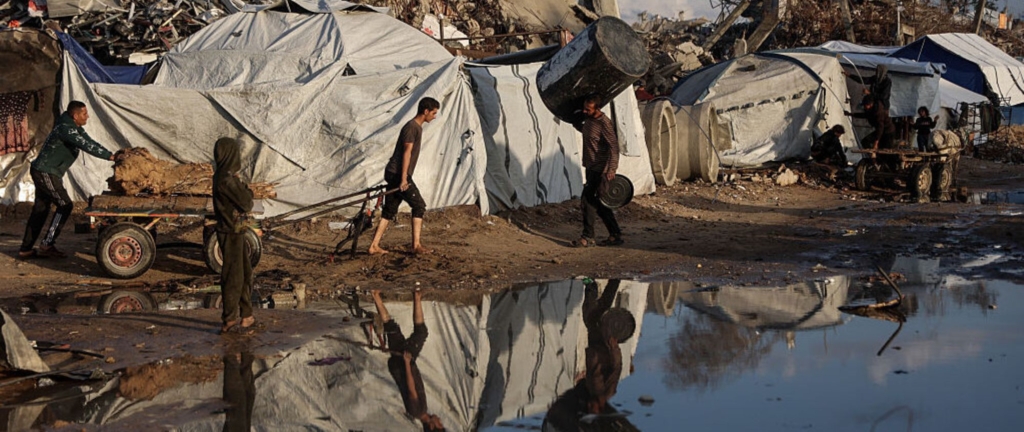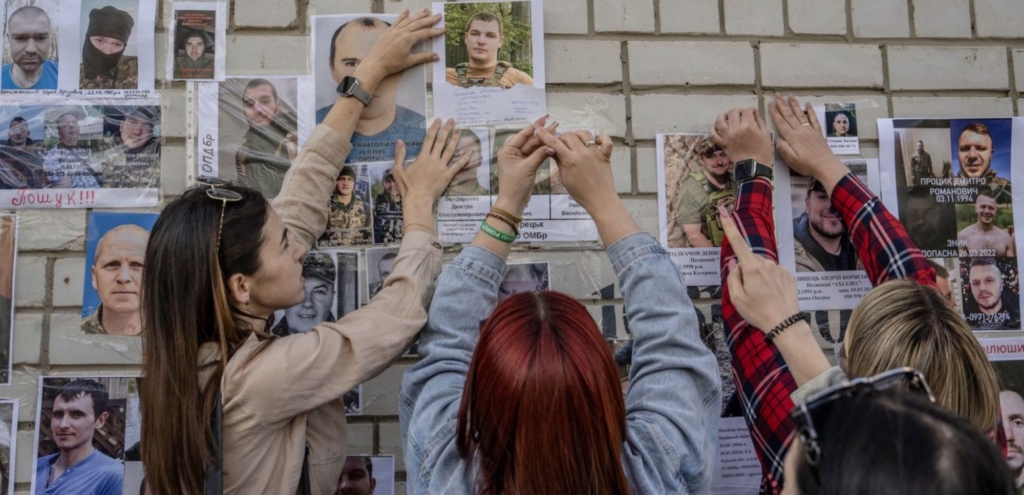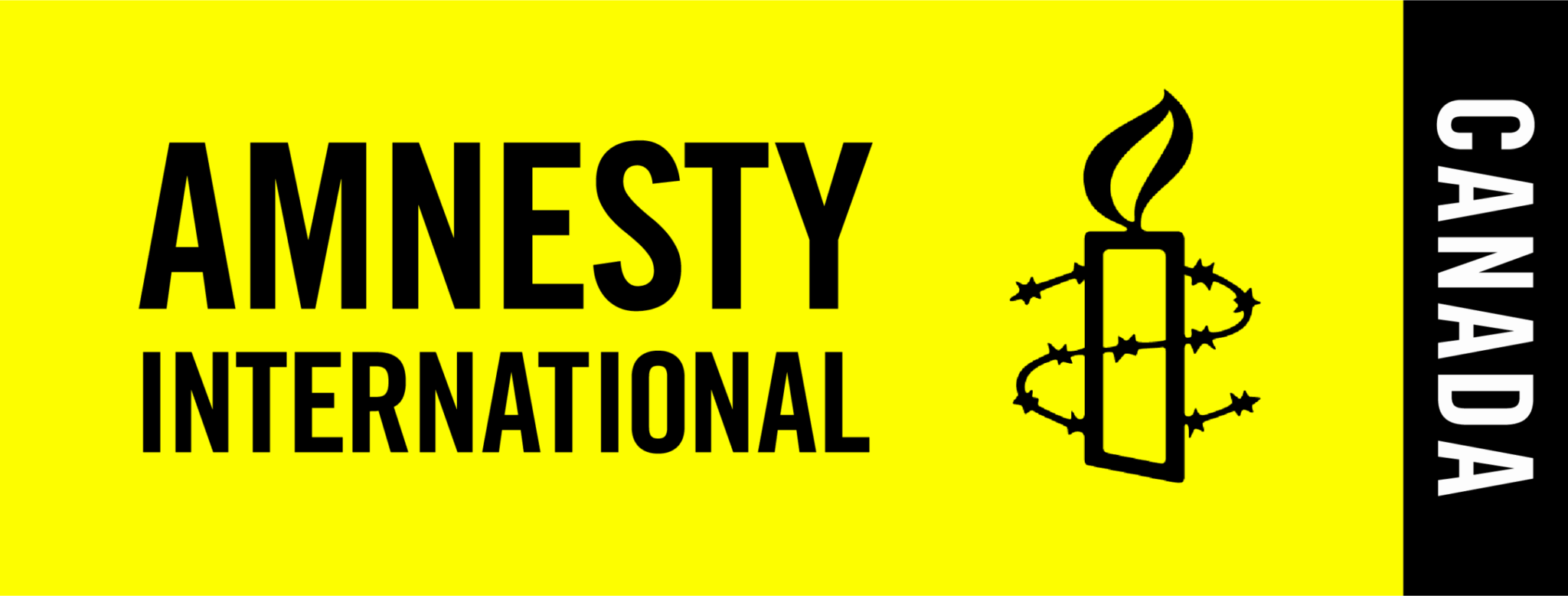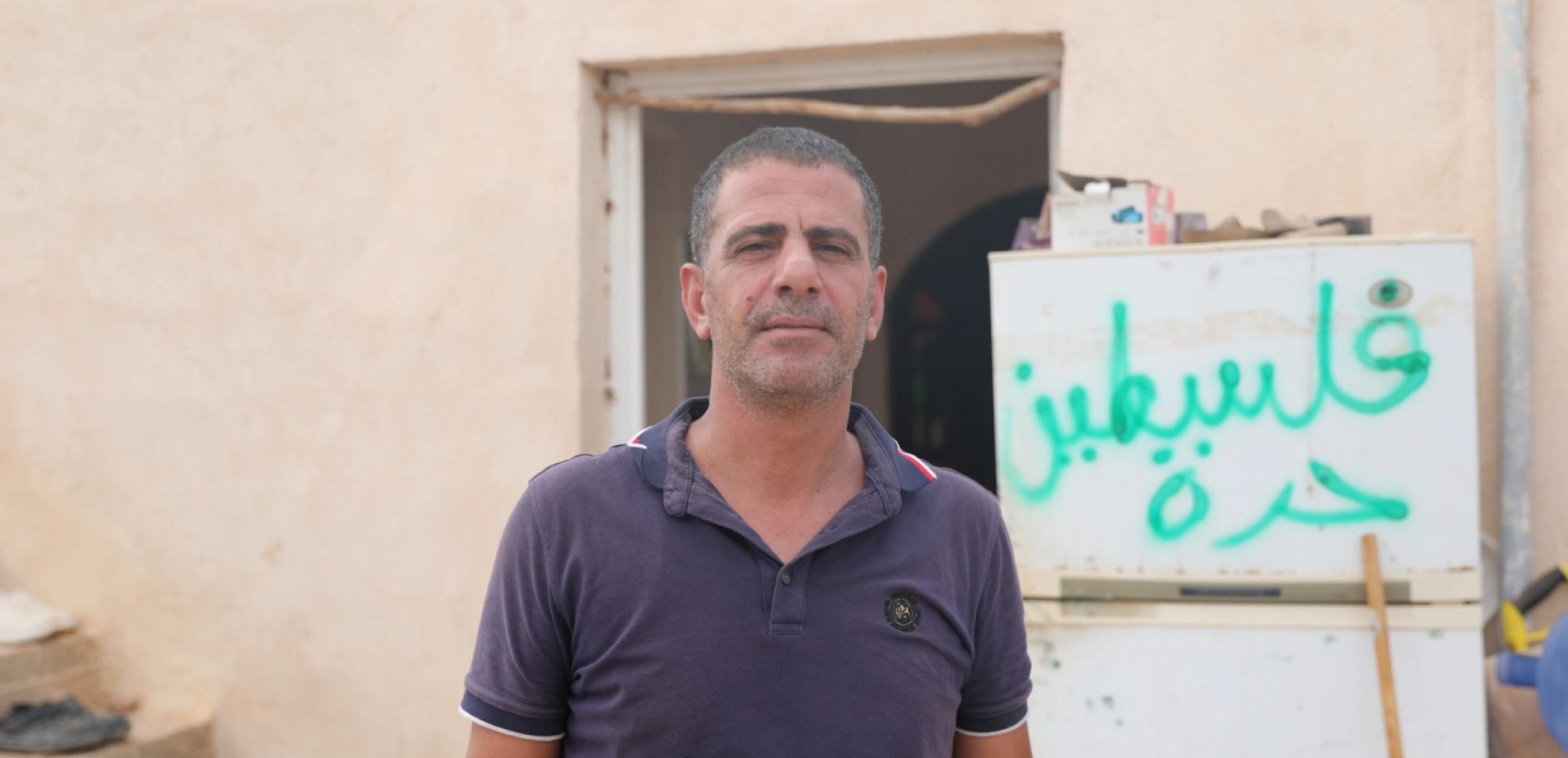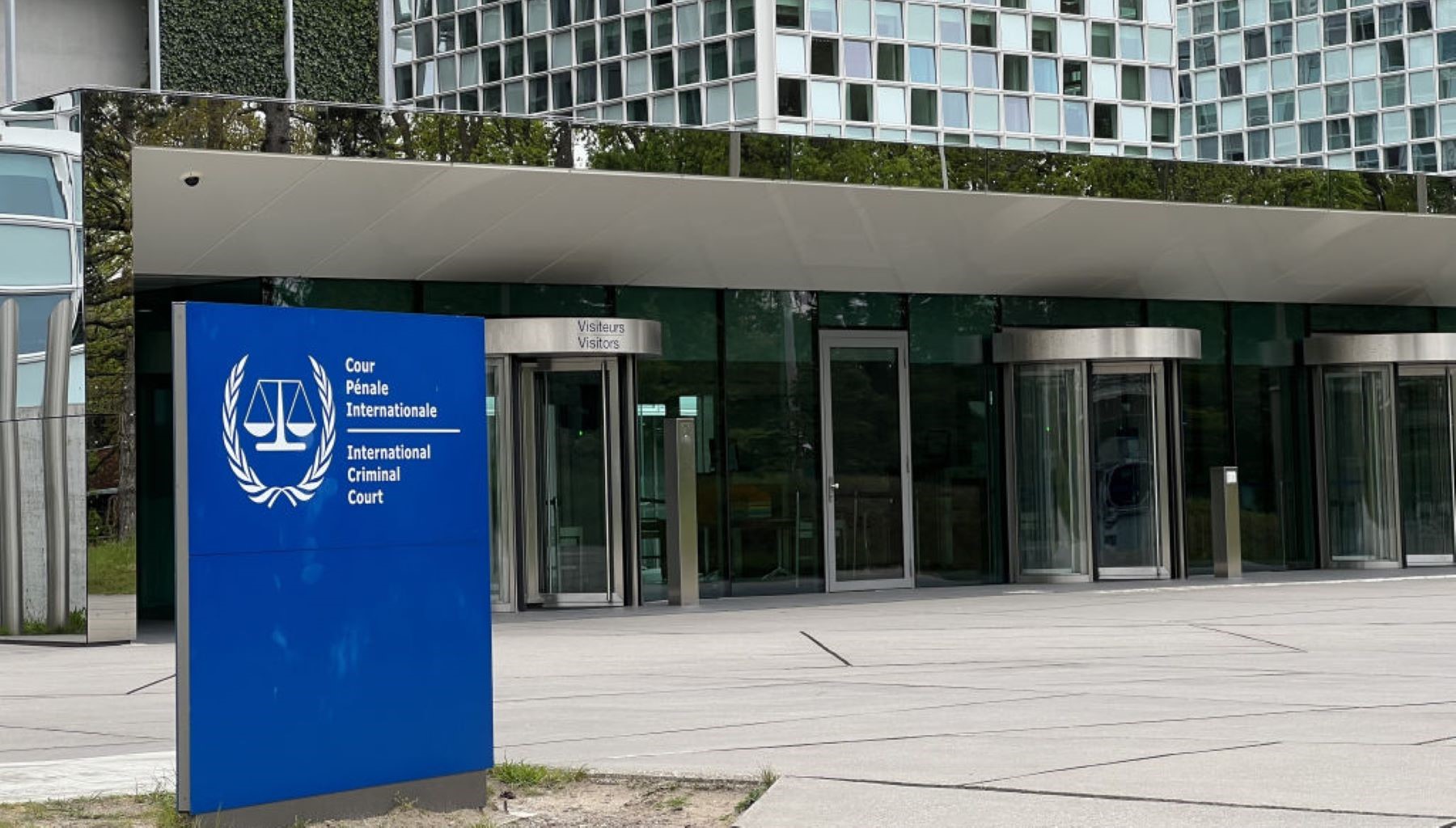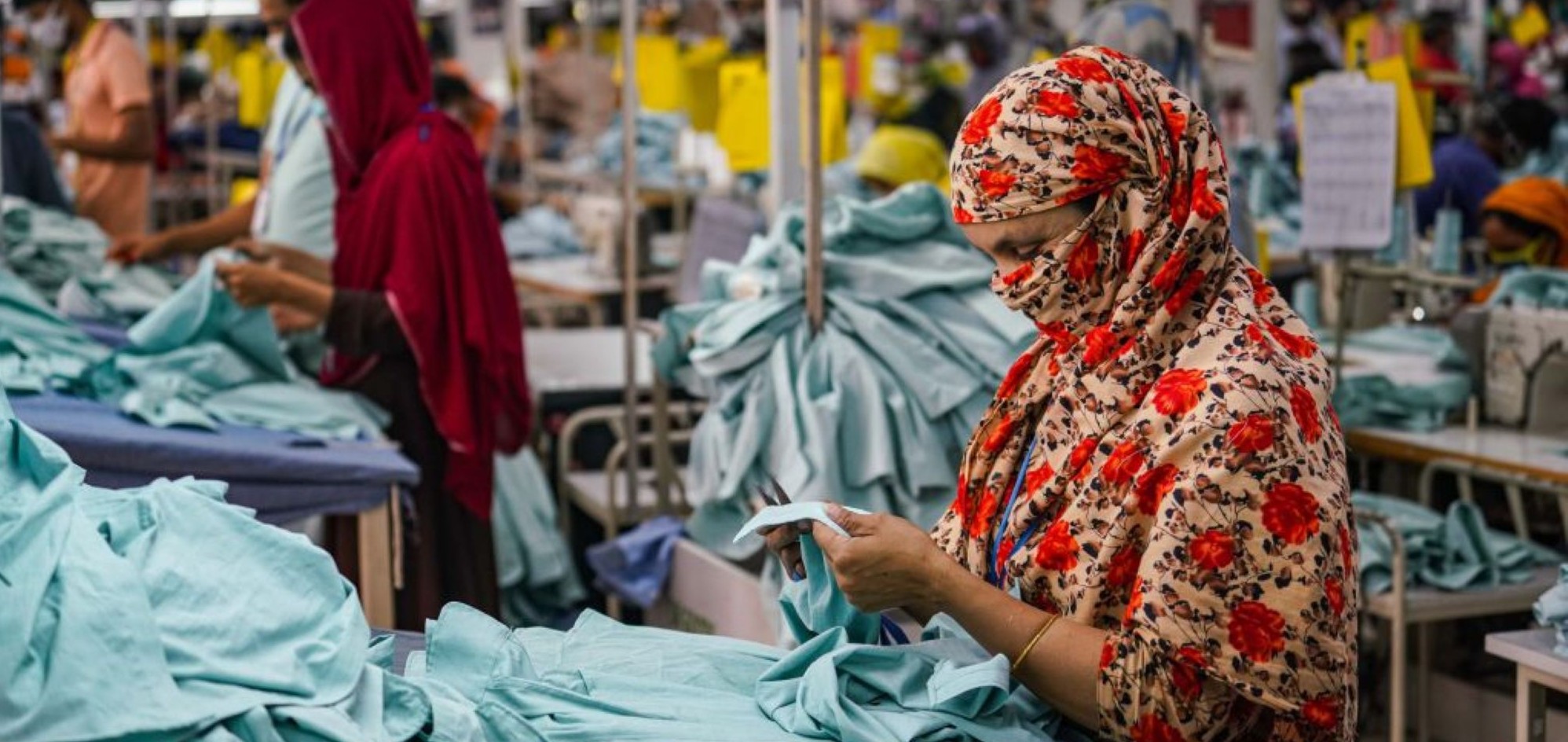Amnesty International has been in the news recently for our position on how to protect the human rights of sex workers of all genders (women, men, gender non-conforming). There’s been much confusion and misinformation in the media and on social media. So we wanted to set the record straight.
Amnesty International is AGAINST:
- Human trafficking in all its forms
- Any sexual exploitation of children
- Violence and discrimination against sex workers
Amnesty International is FOR:
- Protecting the fundamental human rights of every person on this planet, including sex workers, without discrimination
- Comprehensive measures to address social and economic inequalities that deny many people choices in how they earn a living
- Effective programs to support individuals who wish to leave sex work
- Enforcement of state obligations to end human trafficking and sexual exploitation of children, including providing support to victims
Can you sum up what this is all about and what Amnesty is calling for?
Sex workers worldwide face marginalization, discrimination and violence and we are calling for the following:
- Those SELLING sex should be decriminalized in all circumstances so as to not further marginalize sex workers, who are often stigmatized and at risk of violence and other human rights violations
- The BUYING of sex and ORGANIZATIONAL ASPECTS of sex work (i.e. security guards, drivers, receptionists) that do NOT involve trafficking, children, exploitation or violence should be decriminalized so as to make sure that sex workers can operate in safety and their the human rights are protected.
- Those BUYING sex, or those involved in some way in ORGANIZING the sale of sex which involves trafficking, children, exploitation or violence should be criminalized and governments should enforce such legislation.
- Crucially, no one should be forced or coerced to be involved in sex work, there should always be other choices, and those who wish to leave should be supported in doing so.
- Governments must live up to their obligations under international and national laws to go after traffickers, prosecute child sexual exploitation, and ensure that those who attack or rape sex workers are arrested and prosecuted.
So what does this really mean?
- The words “consensual” and “adult” are crucial. Sex without consent is sexual assault and is a crime, end of story. Sex work involving minors is never okay and must equally be criminalized.
- People involved in human trafficking, sexual exploitation of minors or exploiting sex workers, as well as perpetrators of violence, must be criminalized.
- People who sell sexual services should be able to do so without fear of harassment, arrest or prosecution. These actions only serve to further marginalize sex workers and expose them to a far greater risk of violence and abuse.
- Sex workers must also be able to take measures to increase their own security. Such actions might include working with others, working in a brothel, or hiring a driver. Crimes like ‘brothel keeping’ or ‘promotion’ of sex work are often used to prosecute sex workers themselves, or to prevent them from taking actions that increase their safety, like working together. Instead of using ‘catch all’ offences like these ones, governments should focus their laws on criminalizing trafficking, violence, and coercion or exploitation in sex work.
- Critically, we are only talking about decriminalization. We are NOT calling for legalization.
Where can I find this policy and what is its status?
Amnesty International hasn’t actually adopted a policy yet. We adopted a resolution mandating our International Board to develop a policy. The policy is likely to be adopted in the next few months.
What human rights are we talking about?
In turning our attention to the rights of individuals involved in sex work we actively seek to promote women’s rights, children’s rights, Indigenous rights, LGBTI rights, the right to health, and the rights to live free from discrimination, violence, and trafficking (amongst other rights).
Amnesty International Canada is working to end violence against Indigenous women and girls in Canada. What would this policy mean for them?
Amnesty International recognizes that the shockingly high rate of violence faced by Indigenous women and girls is nothing less than a national human rights crisis. We will continue to campaign for a comprehensive national response in keeping with the severity and pervasiveness of this threat to Indigenous women’s lives and safety. This includes calling for urgent action to close the social and economic gap between Indigenous and non-Indigenous peoples, and full and effective police investigation of reports of missing Indigenous women and girls and any violence against them. This is unchanged.
In our 2004 Stolen Sisters report we acknowledged that discrimination and marginalization make Indigenous women and girls more vulnerable to exploitation, that there are a disproportionate number of Indigenous women and girls involved in street level sex work, and that Indigenous women engaged in street level sex work are often specifically targeted by men for acts of misogynistic and racist violence.
Our report also noted concern that laws criminalizing the consensual buying and selling of adult sex resulted in increased risk for these women, but we did not make any specific recommendations on this point. At that time we called on governments to “as part of ongoing review and implementation of laws regarding the sex trade in Canada, give police clear instructions to ensure that the fundamental rights of women involved in the sex trade are protected in the course of all law enforcement activities.”
Our new position supports additional recommendations calling for support for women and girls wishing to leave sex work. It also makes a distinction between consensual buying and selling of sex between adults, and the need to prosecute human trafficking for the purpose of sexual exploitation (including the sexual exploitation of children).
How do we know what is criminal and what isn’t? Is Amnesty’s position going to make it harder for police to take action in cases involving trafficking and the sexual exploitation of children?
Amnesty International has long called on governments to adopt and uphold strong national laws that conform to international standards prohibiting trafficking and sexual exploitation of children. Many governments have non-existent or weak laws in place or do very little to enforce those laws. Insisting on stronger government action will continue to figure prominently in our research and advocacy. We also expect that when women, children and men who have been trafficked or sexually exploited know that they will not be criminalized, they will be more willing and able to assist police.
















